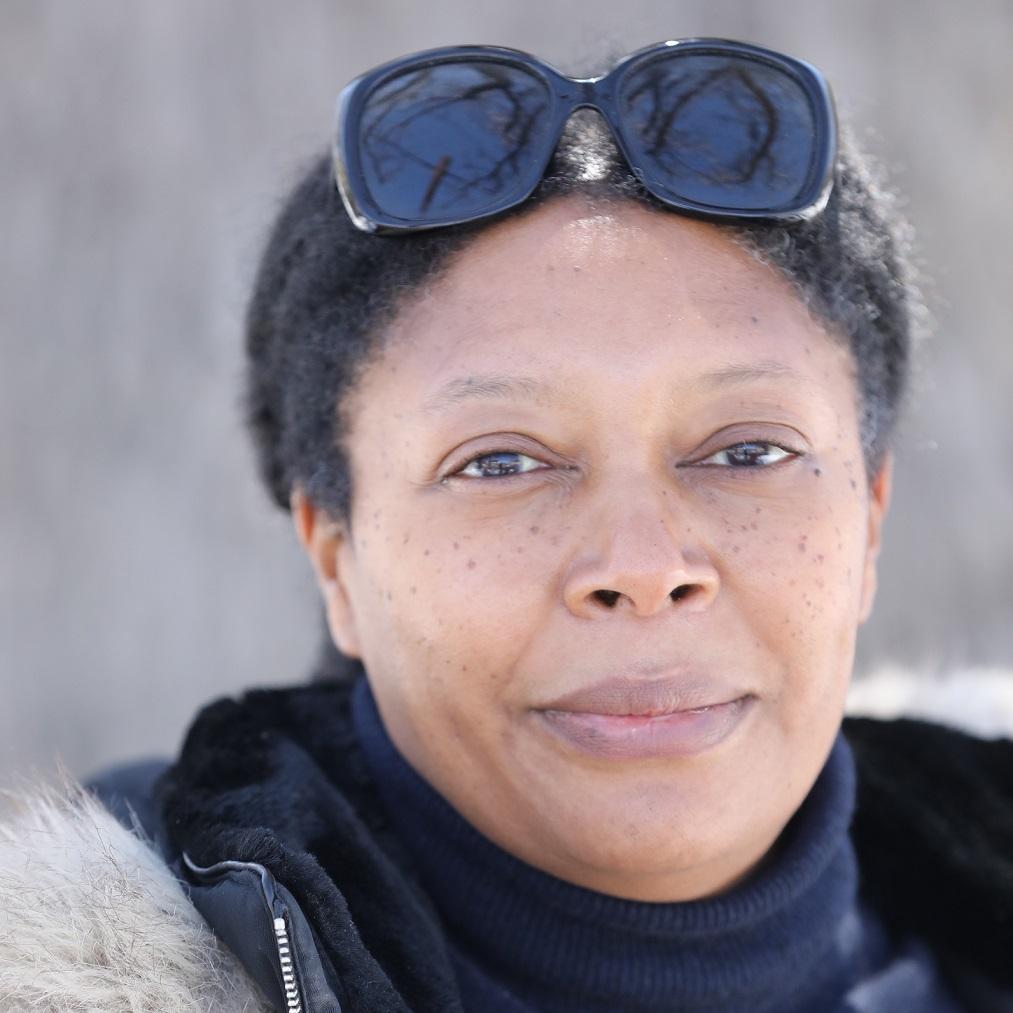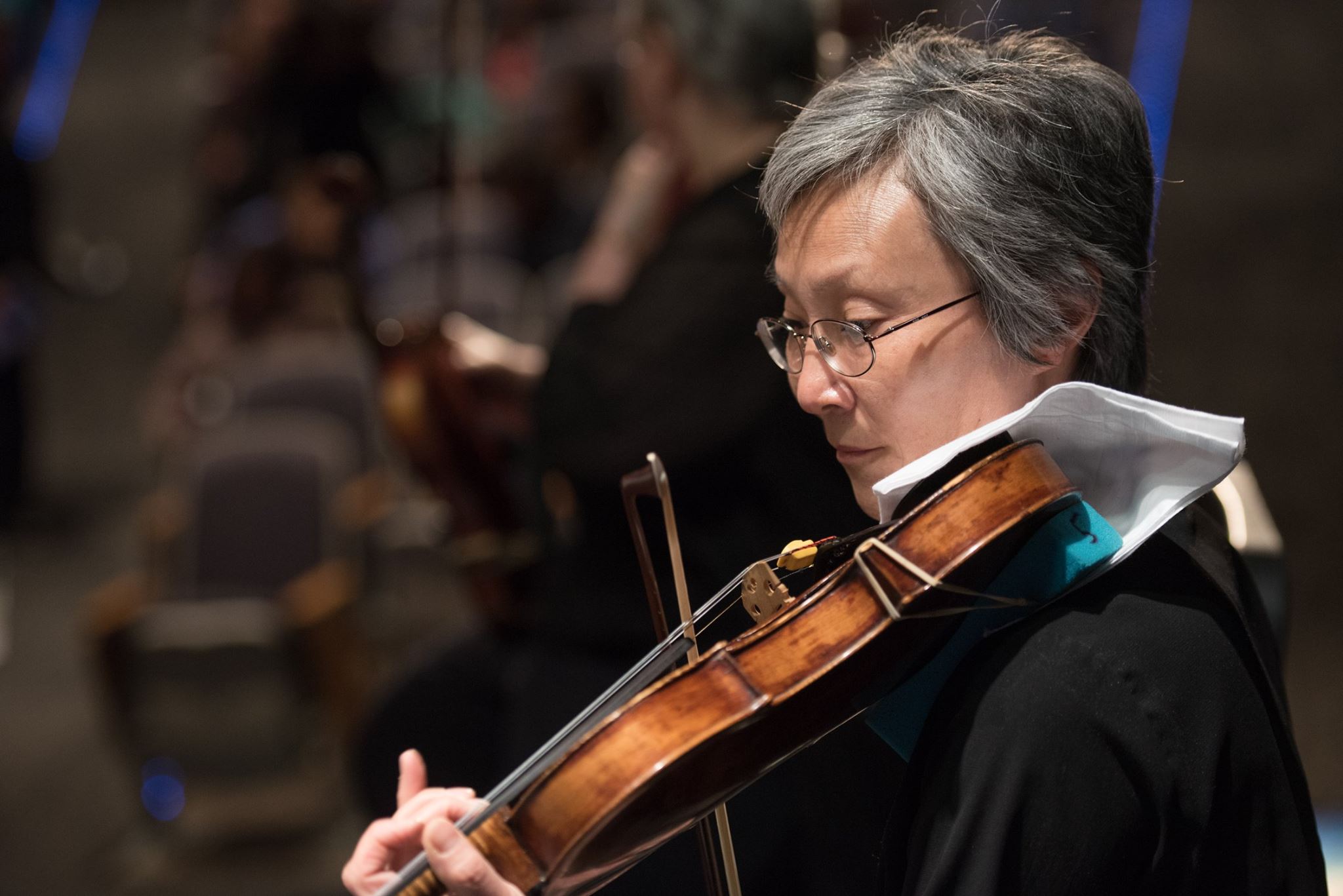
The youth suicide rate in Colorado statewide is one of the highest in the country.
To dig into the causes behind the epidemic, former Attorney General Cynthia Coffman commissioned a study to focus on four counties that have been especially hard hit: Mesa, La Plata, El Paso and Pueblo.
Shannon Breitzman was a member of the research team. She talked to Colorado Matters about the pressure youth feel, what they want adults to say and the economic effects on mental health.
Do you need help or just need to talk? Call the Colorado Crisis Line: 1-844-493-8255, chat online at coloradocrisisservices.org or text TALK to 38255.
Interview Highlights
On the pressure to perform academically and socially, and not make mistakes:
"In this pressure to be successful and to put forward your best self, and they have that pressure in school settings, they have it in their activities after school, sports and music and whatever those are, and they have it on social media.
And as adults we model that too, we only want to put our best selves forward, we don’t show our real selves. What we’re teaching kids is that they can’t show our real selves, they can’t make a mistake, they think that when they make a mistake it’s going to follow them forever. When we swoop in, we don’t allow them the chance to see that when they make mistakes they can learn from them and they’ll be ok.
For many of the kids that we talked to, suicide was higher on their risk of options than admitting that they failed at something or that they had made a mistake. They would rather die by suicide than make a mistake or failure."
On what kids want to hear from adults in their lives:
"A lot of times the kids feel like they are dealing with really complicated, adult things, and adults in their lives are not comfortable talking about those things. Mental health being one, sexuality being another, substance use, experiences with friends. I think one kid said something to the effect of, 'There’s a lot of space between adults and kids.'
What I guess is happening is that adults feel uncomfortable, and they don’t feel like they know the right answers when something this horrible and traumatic has happened. What we heard from the young people is it’s ok if adults don’t know the right answer, there may not be a right answer, just sit with us and be with us in our pain and our confusion, and it’s ok if you say, 'I don’t know what to do, but I’m here for you.'"
On how the boom and bust economies of these counties affect mental health:
"We definitely saw an impact there. Probably the biggest impact is just on the availability of pro-social sorts of activities for kids. Good hangouts, the option to participate in sports that aren’t very expensive. Club sports in one of the communities, if you really weren’t involved in club sports, which cost a lot of money, you didn't make your team at the school. Only the best kids made the team at the school, and those were the kids who could play year round in a club sport. In Mesa County there’s no recreation center, so there’s no recreational sports for kids to be involved in if they can’t be in club sports or school sports."
On how the spike in adult suicides impacts youth as well:
"They absolutely reflect the stress in their home. One of the things that really stood out to us is, all of these communities and across Colorado really, we have an adult suicide issue. And primarily working-age men make up the highest numbers and rates. The youth suicide issue is not separate from the adult suicide issue. These kids see that that is something that’s happening in their communities, something that’s happening in their families, and it becomes unfortunately a viable option."
Editor's Note: The chart accompanying this story has been updated to reflect the accurate form of data displayed.









